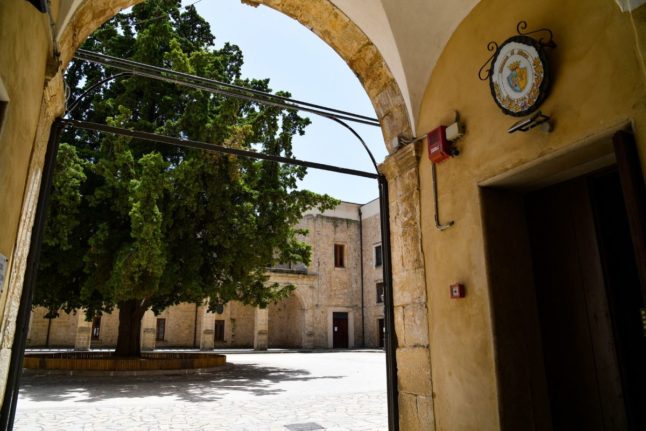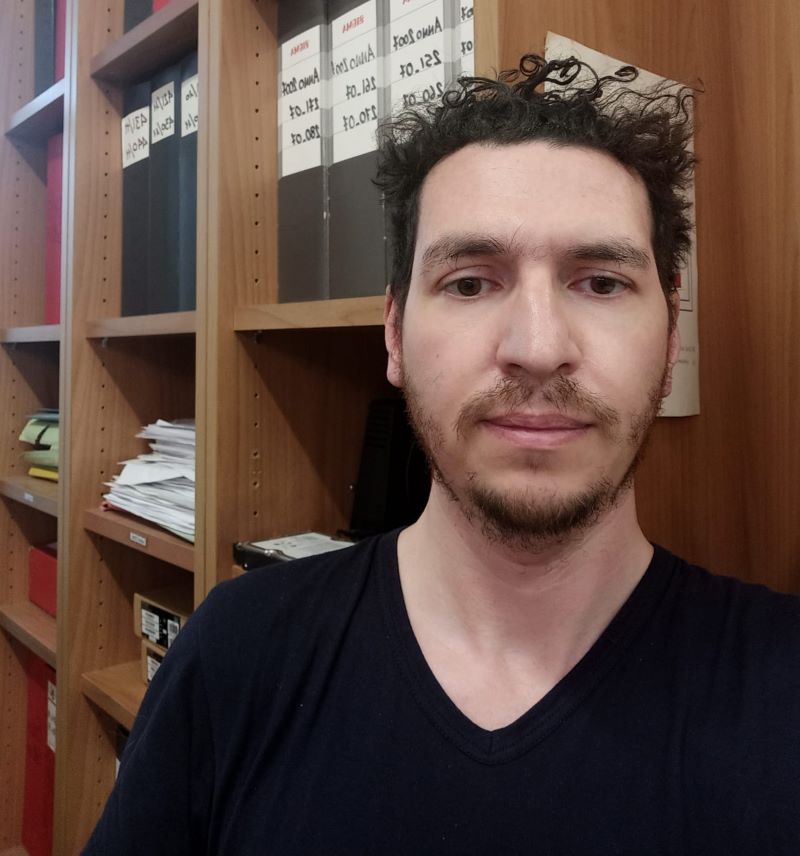Kyenge, Italy's first black minister, said the country is on the path towards greater protection of the rights of children born to immigrant parents.
Prime Minister Enrico Letta's decision to create an integration ministry is in itself a "sign of fundamental change."
"The idea is to bring attention back to people and their rights," the Italian Congolese-born minister told a press conference with foreign journalists.
On her first official trip abroad Tuesday, Kyenge travelled to Geneva to explain to the UN "the importance of the cultural change that Italy is going through", which she said would continue even if the unusual and uneasy centre-left, centre-right coalition government fails to last.
Kyenge, who emigrated to Italy in the 1980s to study medicine, has been the target of multiple verbal attacks and death threats since taking up the post of minister in April. "I am not scared," she said, though her security detail has been bolstered since the threats began.
"The insults and threats are aimed at me because of my public image, but they really concern all those who are fighting against racism and for a society without violence," she said. The 48-year-old said she did not think Italy was a racist country, but admitted that "there is a visible lack of knowledge …and a lack of culture about immigration."
She said the economic crisis had worsened tensions, but insisted that the four million adult immigrants and their one million children – 600,000 of whom were born in Italy – are "a resource: they are workers, contributors, and sometimes entrepreneurs."
"The priority of this government is employment, but the crisis affects everyone. We need to fight it together", she said. Kyenge said she was pushing for children born of immigrant parents to automatically obtain Italian nationality because "everything starts with education, at school."
"We are talking about young people who could one day become future leaders in this country. We are also talking about young people who may not become leaders but instead lose their way…who discover at 18 that they are different," she said.
On Saturday, the government adopted a law cutting red tape to make it easier for such children to obtain Italian nationality once they turn 18.
Kyenge said she sees her role as integration minister as "a mission", driven by the "desire to put others' needs before her own" which originally drove her to train as a doctor.




 Please whitelist us to continue reading.
Please whitelist us to continue reading.
Member comments